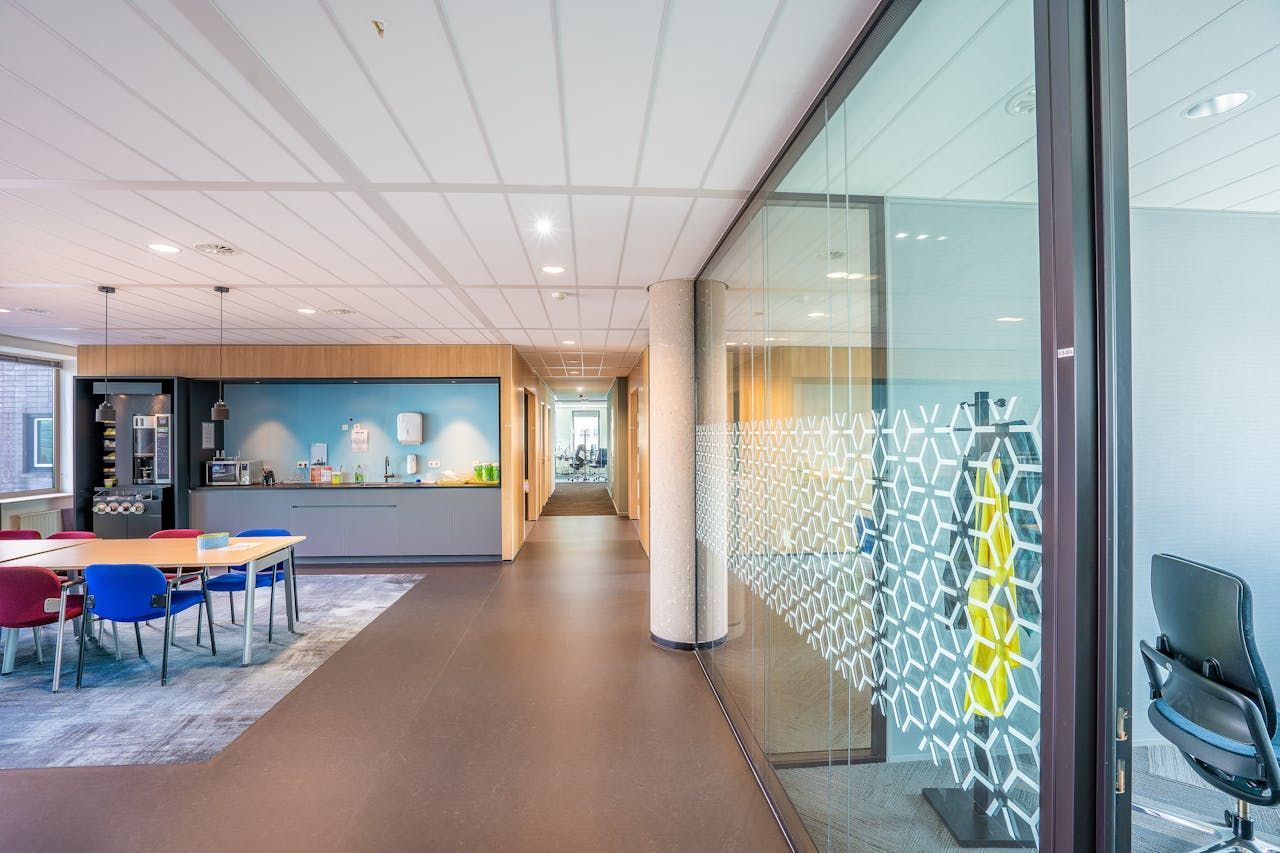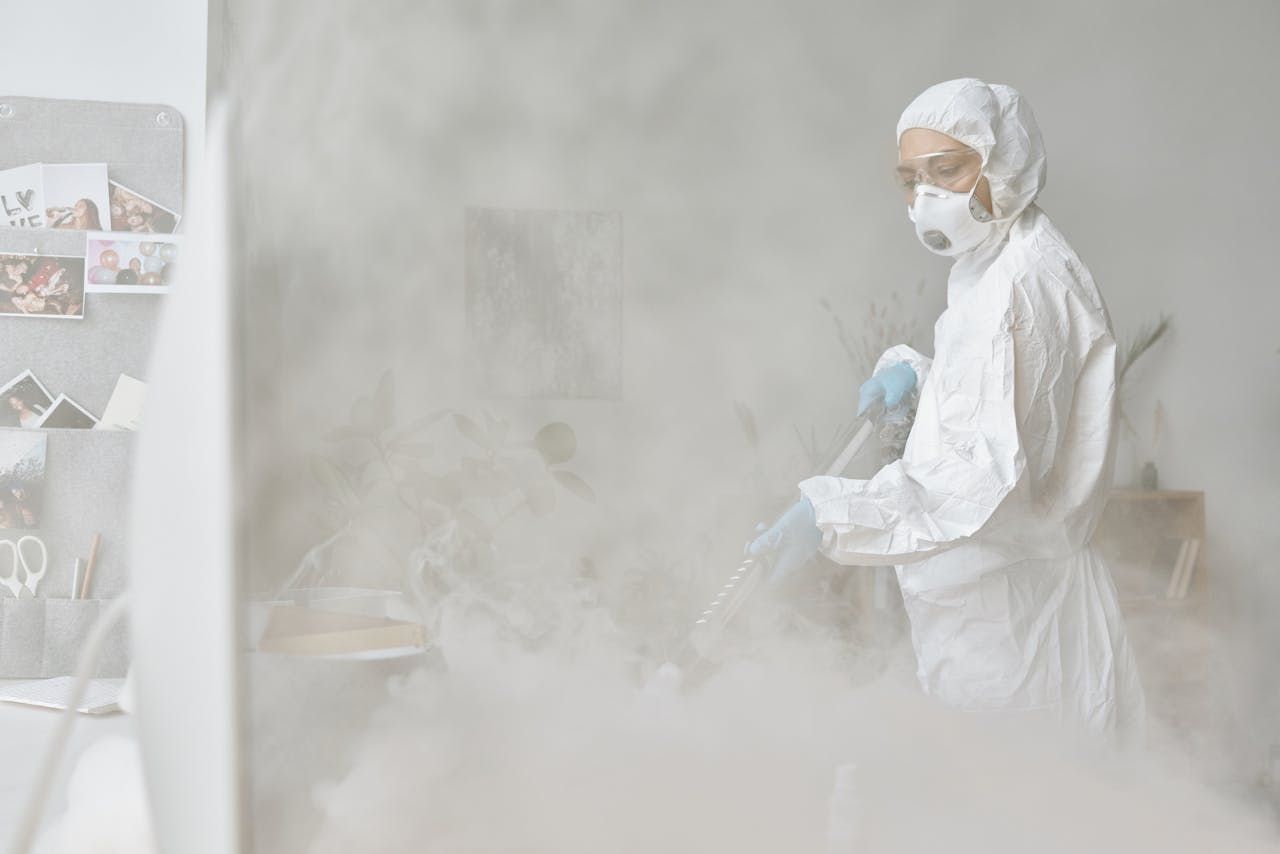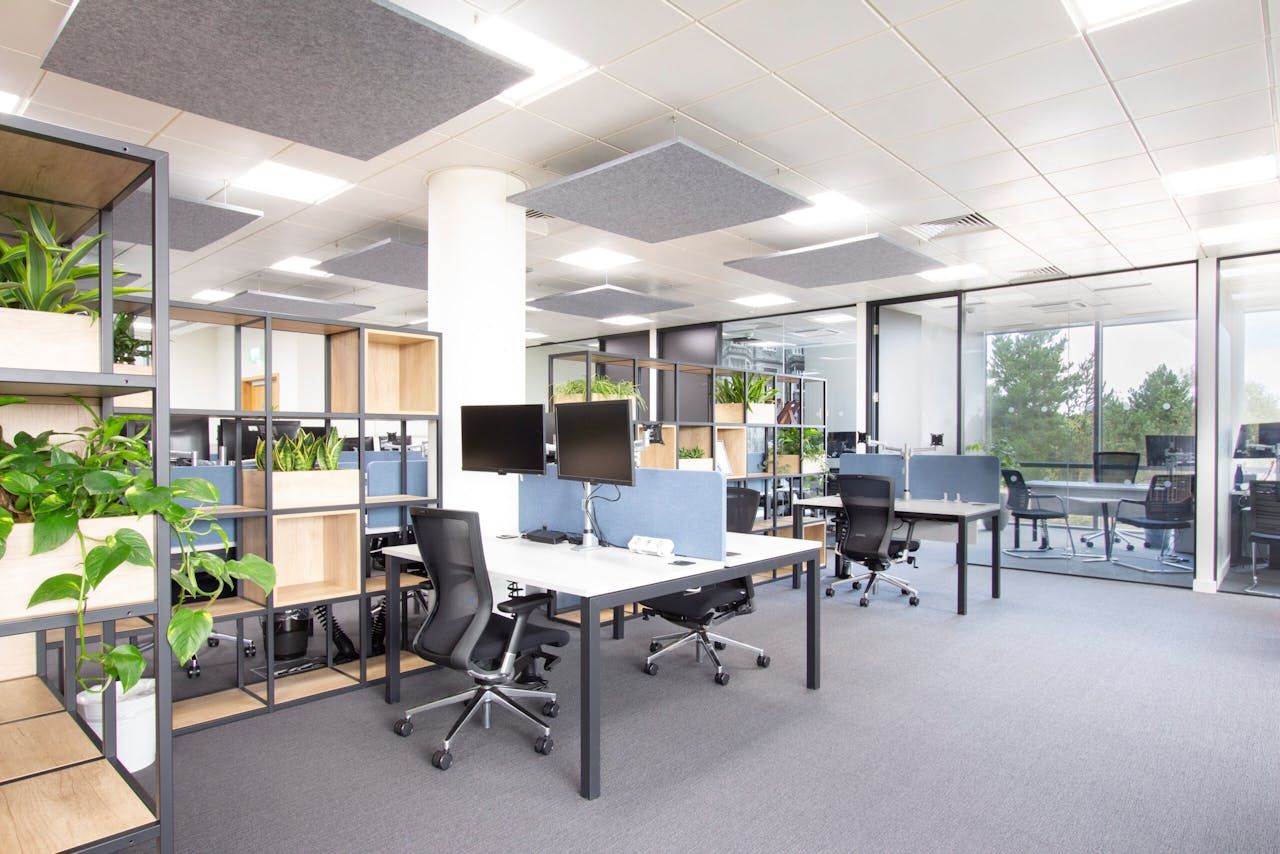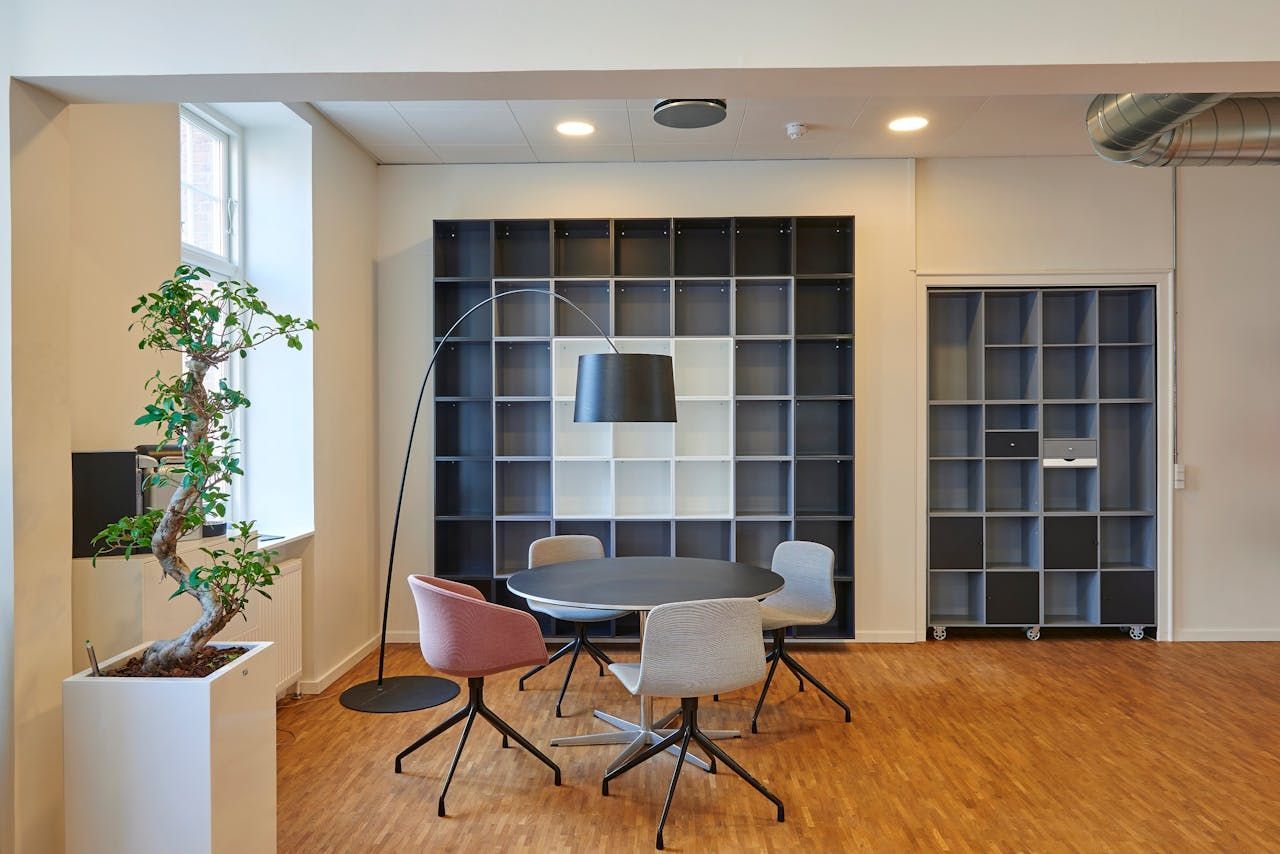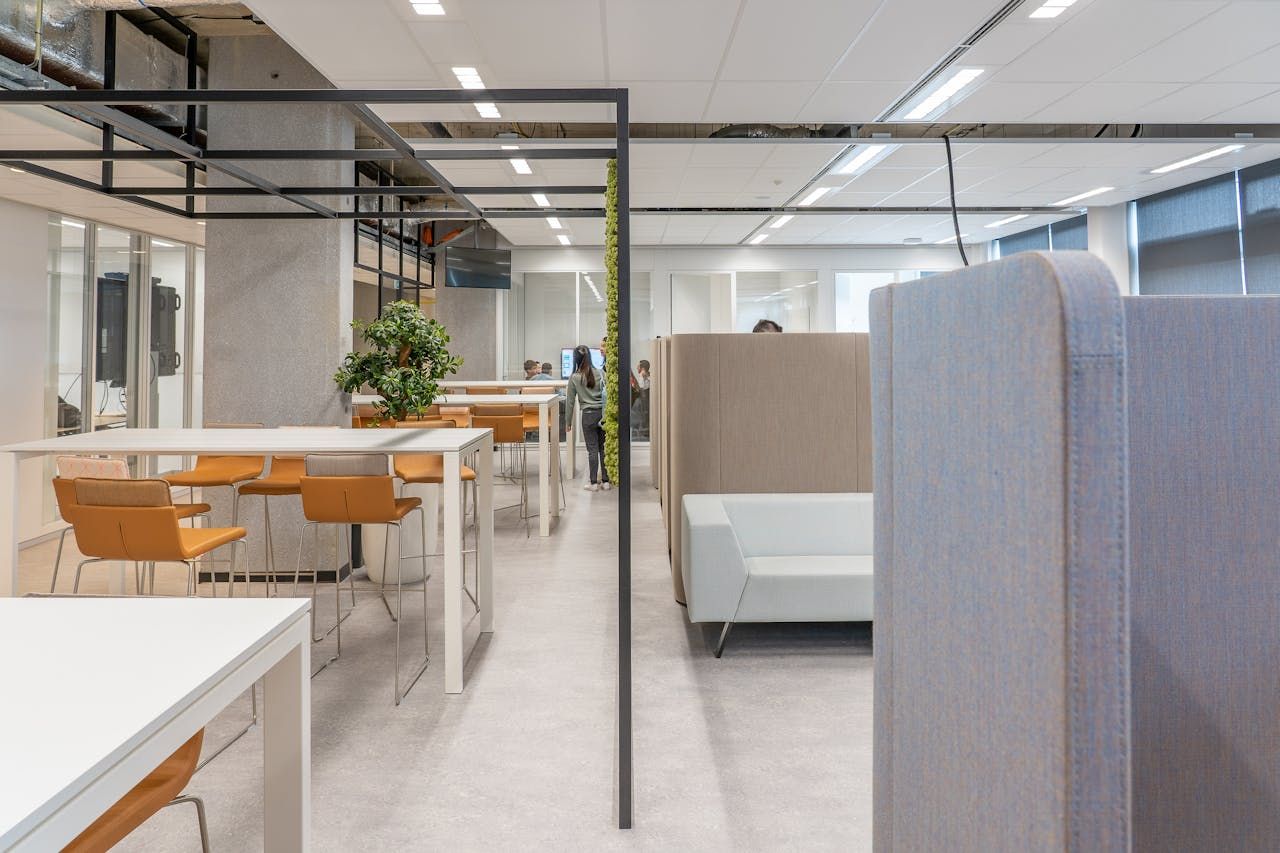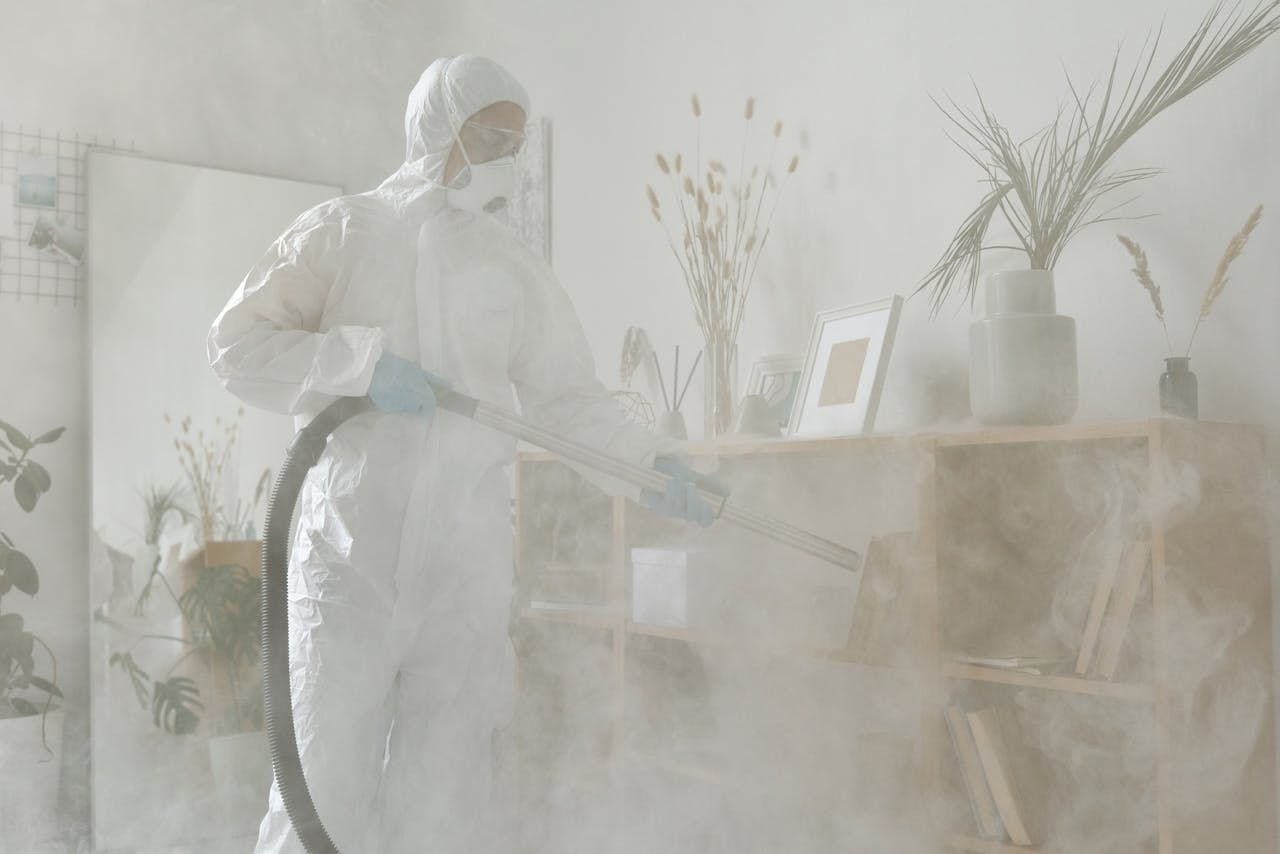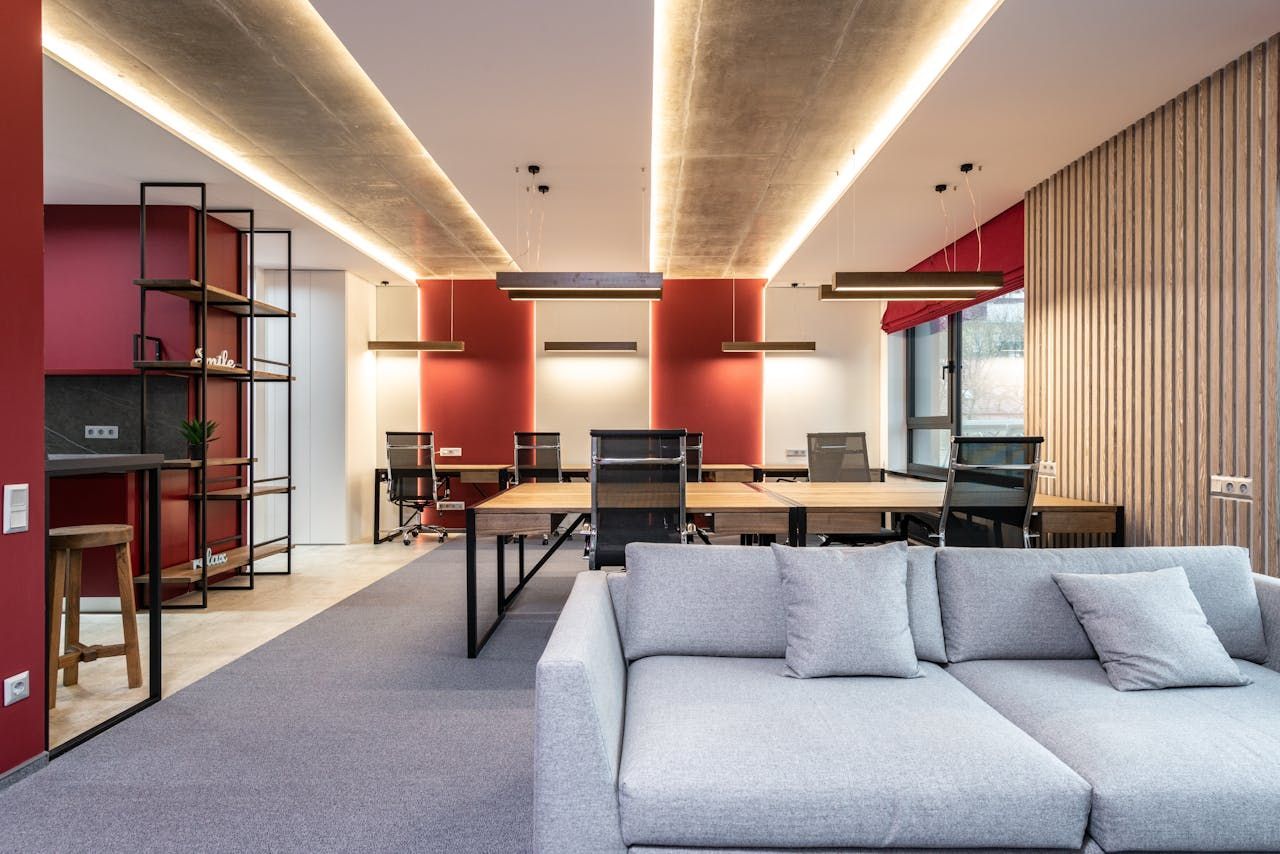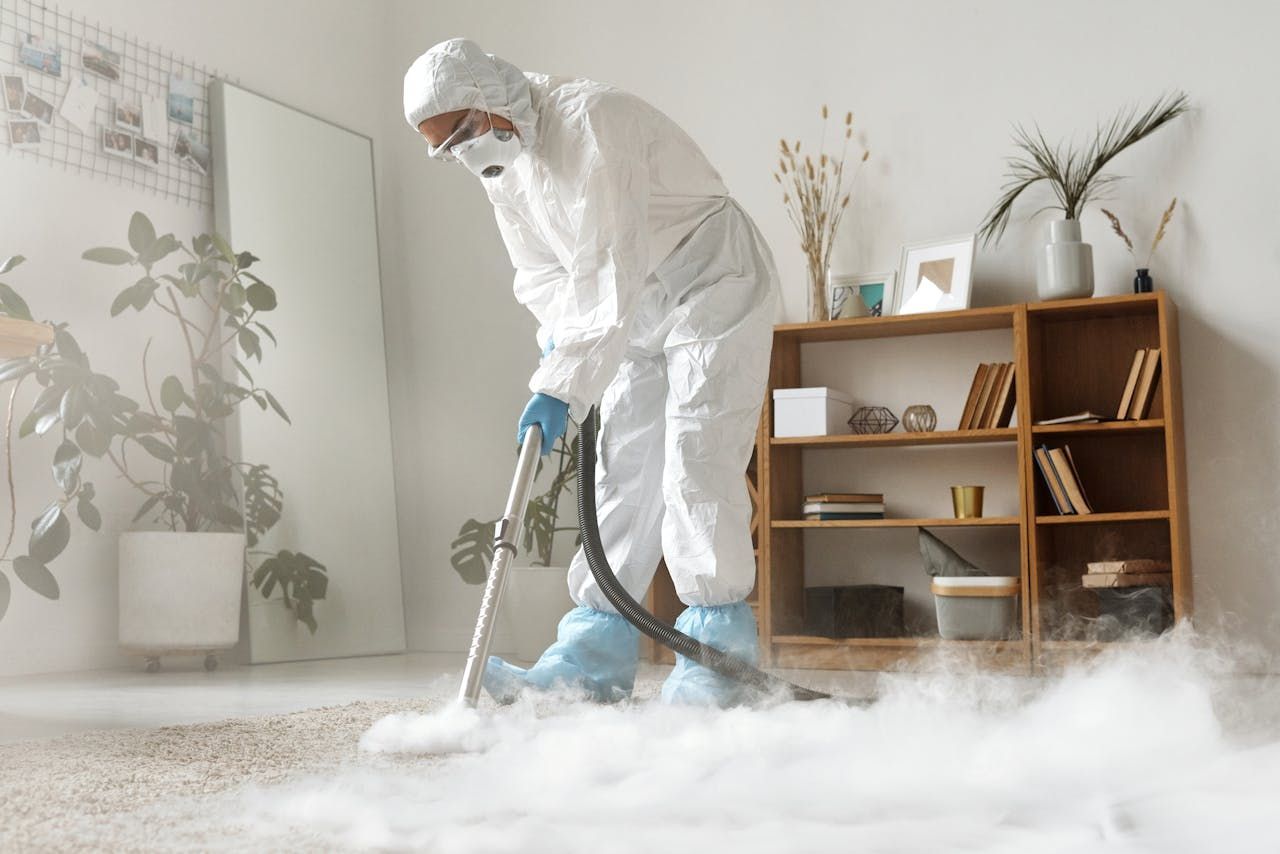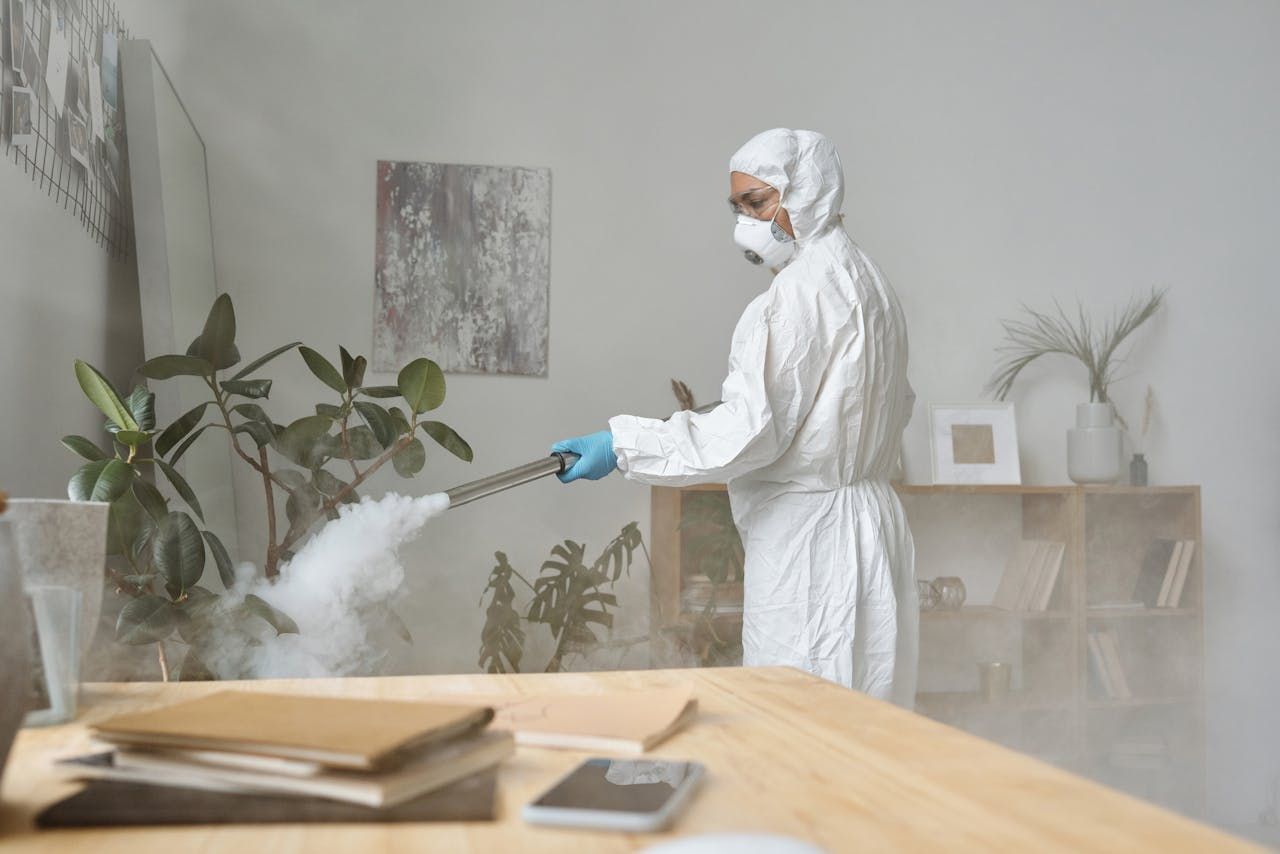How to Choose the Right Commercial Cleaning Service for Your Business
A clean and well-maintained workplace has a big impact on your employee’s morale levels, their productivity and your brand image. No wonder business managers are finding it stressful to pick their commercial cleaners.
If you’ve decided to outsource your workplace cleaning, you’re on your way to making things a lot easier - and more efficient. But there's an overwhelming number of cleaning options available - meaning it can be hard to find the right fit!
We’ve put together a comprehensive guide to help you navigate the selection process and ensure your commercial place of business is reliably squeaky clean.
Understanding Different Cleaning Service Levels
The first step to knowing which cleaning service you need is to understand what types of cleaning are available to you. Bear in mind that many cleaning providers offer a combination of these options, while others specialise in only one, so it’s important to know exactly which services you’re getting for your money…
Deep Cleaning vs. Standard Cleaning:
Deep cleaning involves going into the areas and nooks that others may not even consider cleaning, such as sanitising light switches, cleaning behind appliances and dusting smaller detailed areas. You wouldn’t necessarily need this service frequently; it would be more like monthly.
Standard cleaning focuses on the tasks that build up on a daily basis, such as emptying recycling and rubbish bins, vacuuming and wiping down frequently touched surfaces. You would expect this service weekly, if not daily.
Hard Floor Stripping vs. Cleaning:
If your office space has hard flooring, it can be difficult to know what type of cleaning it requires. Hard floor stripping and resealing involves a complete, restorative overhaul of your flooring and may take some time. You would request this if your flooring is showing signs of deterioration, such as a worn-out finish.
Regular hard floor cleaning, on the other hand, is an essential, regular task that prevents the build-up of grease, dirt and debris.
Carpet and Upholstery Cleaning:
Professional carpet and upholstery cleaning uses specialist cleaning products and methods to ensure your upholstery and carpeting is free of dirt, stains and allergens. It’s a much more intense and reliable form of cleaning than you might get from spot-scrubbing a stain on a carpet.
Window and High-Level Cleaning:
Cleaning windows or areas at a high level, such as a high-ceiling foyer, requires specialised equipment and expertise. There are different risks and challenges when cleaning windows at height, so having a professional cleaning team is invaluable.
Regular window cleaning provides a spotless first impression for your business and maximises natural light.

IT Equipment Cleaning:
Many businesses overlook the importance of cleaning and sanitising computer keyboards, mice, telephones and other equipment to prevent the spread of germs and keep your office functional. With a cleaning service specialising in carefully and effectively sanitising IT equipment, your team can stay productive and hygienic.
Sanitary and Hygiene Unit Supply:
Having the proper cleaning and sanitary supply team in place for your bathrooms is essential to keeping your employees safe and happy. And hygiene is certainly not an area you want to skimp on, as this is an essential service.
Choosing the Right Frequency and Service
How frequently should you have your requested cleaning service? There’s more to consider than you might think, as too much and too little can do harm to your business in the long run. Here’s how to pin down the exact cleaning frequency for your workplace…
Factors to Consider
- Type of Business: A busy office, for example, might need more frequent cleaning than a small retail shop.
- Foot Traffic: High-traffic areas require more attention, more frequently.
- Industry Regulations: Some industries have specific hygiene requirements, like nurseries or doctor’s surgeries, giving you clear parameters for cleaning frequency.
- Employee Preferences: Consider employee feedback and preferences for cleaning schedules, such as more frequent communal space cleaning.
Creating a Cleaning Plan
A cleaning plan is the next step to knowing your cleaning service needs.
Spend time thinking about your workplace in the span of a month, when is it the busiest? When would cleaning fit in with the least disruption? Do some areas need more frequent cleaning than others? What do your team comment on the most, for example, smelly toilets? This information can help create the basis of a cleaning plan that you can discuss with a professional and flesh out the details with someone who knows what keeps a business running cleanly.
It can be helpful to write out an example cleaning plan to give you a clear picture of what needs to get done and what you might have overlooked in the planning process.
Example Cleaning Schedule
Here’s an example of a cleaning plan. You can write out your own, using the frequency headings, and visualise the areas of your business place and the cleaning tasks that each space requires.
Daily Cleaning (High-Traffic Areas):
- Emptying bins
- Wiping down high-touch surfaces (door handles, light switches, etc.)
- Cleaning and sanitising toilets/showers
- Vacuuming or sweeping high-traffic areas
- Spot-cleaning spills
Weekly Cleaning:
- Thorough cleaning of all surfaces
- Mopping hard floors
- Vacuuming carpets
- Cleaning kitchens and break rooms
- Emptying and cleaning refrigerators
Monthly Cleaning:
- Deep cleaning of bathrooms and kitchens
- Window cleaning
- Dusting light fixtures and high surfaces
Quarterly or Annual Cleaning:
- Hard floor stripping and resealing
- Deep cleaning of upholstery and furniture
What To Look For When Choosing A Commercial Cleaning Company
Once you understand the services on offer and have a good idea of what your business needs (and how often), it’s time to look into the commercial cleaning companies you’re considering.
Browse their website, social media, reviews and any physical documents they might have given you for the following insightful info…
Experience
Which services do they have experience with, and how long have they been doing it? A professional who is right for you will have experience cleaning commercial spaces just like yours.
Reviews
What is the general feeling from their reviews? If a specific issue is picked out repeatedly, such as poor communication, this could be a red flag.
Service range
Do they offer the specific services you’re looking for? For example, it wouldn’t be productive to ask a hard floor cleaning company to clean your bathrooms if that’s not their area of expertise. At LNC, we offer a range of services, including eco-friendly cleaning to suit eco-conscious businesses.
Insurance
Do they have the proper insurance in place to protect you and your property while they're in your commercial space? You may need to dig a little deeper or ask the company directly for this.
Communication
Are they able to respond to your emails, calls or messages within a reasonable amount of time? If it takes a while for them to call you back, it might be a sign that they aren’t on top of their communication.
Ethical business practices
Do they pay their expert cleaning staff a fair wage? At LNC, we pride ourselves on excellent customer service, but we know that it starts with our team getting a fair wage. We pay our staff the Living Wage, as opposed to minimum wage, where possible.
Looking For The Right Commercial Cleaner For You?
The right commercial cleaning service for your business depends on your building and your needs. Having a clearer understanding of the services and considerations can help you make the best decision.
Looking for a reliable commercial cleaner near you?
Get in touch
with our friendly team here at LNC, and we will provide you with a clear and free quote to get started.
